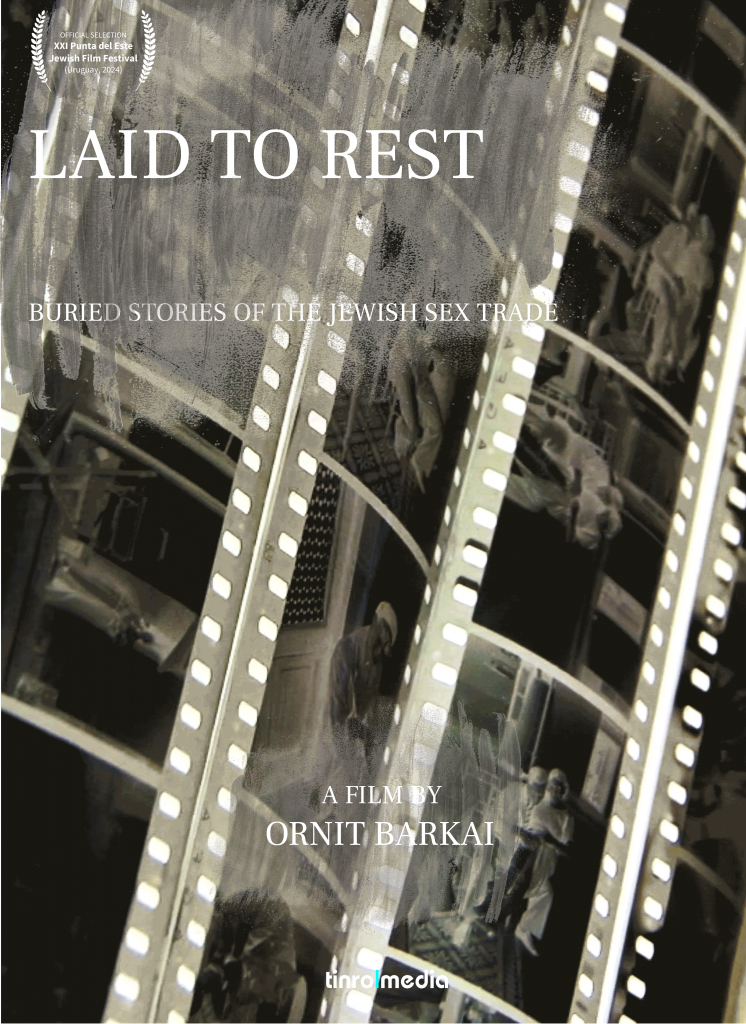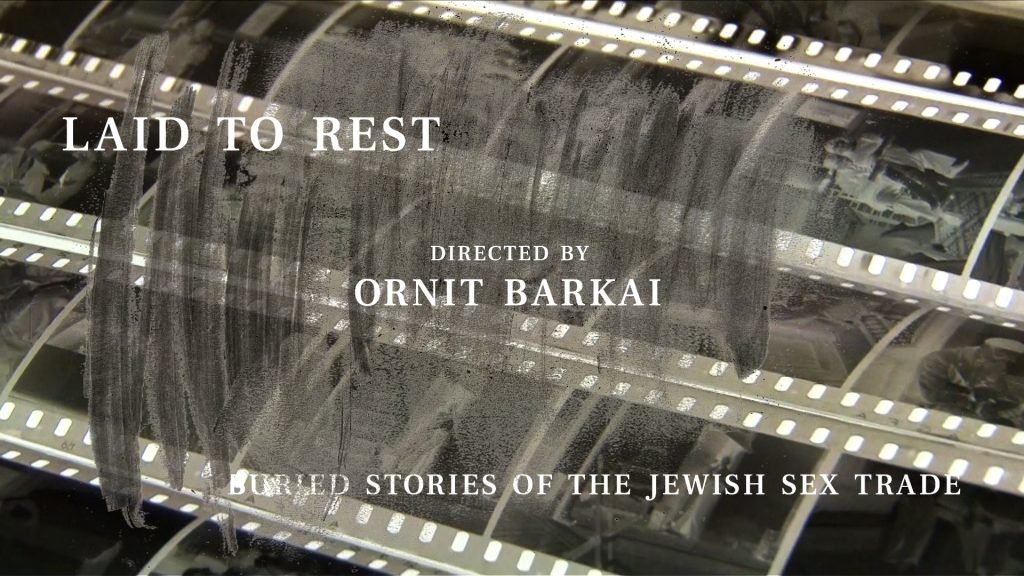Hello Toronto!
by LTR on 6/05/2024Exciting news! “Laid to Rest” is set to premiere at the 2024 Toronto Jewish Film Festival in Canada. Stay tuned for programming details coming soon!

a tinro|media documentary
Exciting news! “Laid to Rest” is set to premiere at the 2024 Toronto Jewish Film Festival in Canada. Stay tuned for programming details coming soon!

Pronounced Had in English or Jad in Spanish, the Hebrew word חַד, from Talmudic Aramaic, means “sharp”, “straight to the point”, “biting”. JAD magazine offers a space for debate in the Spanish-speaking Jewish world, with a reflective rhythm that allows us to deepen the analysis of contemporary and extemporaneous social challenges.
In my interview with JAD’s Academic Director Manuel Feréz Gil about my latest film “Laid to Rest,” I got to discuss the of the Jewish community to sexual exploitation networks in turn of the 20th century Buenos Aires, as well as my other documentaries exploring the Holocaust and Jewish memory. culture and identity.
https://culturajudia.com/2024/04/15/entrevista-a-ornit-barkai-una-cineasta-israeli-para-conocer/
Unveiling the untold saga of Jewish women’s exploitation in Argentina’s sex trade, ‘Laid to Rest’ is a gripping documentary that exposes forgotten truths and digs deep into a shameful chapter of history that was never laid to rest.
Now the Official Selection of Taxco International Film Festival 2024, LAID TO REST will screen in the following cities in Mexico: Mexico City, Puebla, Cuernavaca and Acapulco. Stay tuned for program updates!

LAID TO REST / DESCANSANDO
From the streets of Buenos Aires all the way to Punta del Este Jewish Film Festival with Ricardo Ceppi and Max Berliner in search of long lost buried stories.
🎬 #worldpremiere 📣 @festivalespde

Unveiling shadows of a bygone era, a photojournalist stumbles upon a mysterious reel of photos. Who is the enigmatic woman captured within its frames? As layers of secrecy unravel, suppressed tales of taboo emerge from Buenos Aires’ cobblestone streets, hinting at the city’s perilous past. Within La Boca’s historic port neighborhood, the struggles of women, notably within the Jewish community, come to light: Rosa, lured by love, embarked on a journey with her groom from Poland to Argentina in 1899; Perla, seeking job opportunities, ventured to Buenos Aires. As whispers of courage and resistance resound, distant memories resurface: actor Max Berliner recalls his childhood in the brothel-strewn Once neighborhood, while actress Shifra Lerer reminisces about her role in a forgotten Yiddish play about a Jewish prostitute that once stirred controversy in the Yiddish press and theaters. But who was Raquel, the fearless voice that dared to challenge the clandestine world of Jewish sex trafficking in 1930? With a raw, gritty camera style and an unscripted, reportage-like montage, the documentary “Laid to Rest” endeavors to give voice to women who dared to defy their fate, echoing the historic fight against exploitation within the Jewish community. Chronicled in salvaged women’s aid archives, buried headlines of Yiddish newspapers, and in the silent remains of the secluded old Jewish cemetery, these stories shed light on the enduring struggle against the historic sex trade, serving as a testament to the resilience of the human spirit. As the echoes of the buried past reverberate in the present, the film resurrects a forgotten history that was never laid to rest, showcasing the power of a marginalized community in confronting ongoing universal concerns of global sex trafficking.

Laid to Rest will be exhibited on Tuesday, February 20th at 7:15 pm (Uruguayan time) in the Official Documentary Competition and with free entrance / admission, as all the exhibitions and activities in this 21st Punta del Este Jewish Film Festival.
Reclaiming buried stories, ‘Laid to Rest’ documentary triumphs over challenges to share jewish sex trade narratives. Coming Soon! Stay tuned!

‘Laid to Rest’ overcomes hurdles as it digs deep into the Buried Stories of the Jewish Sex Trade. Coming soon! Stay tuned!